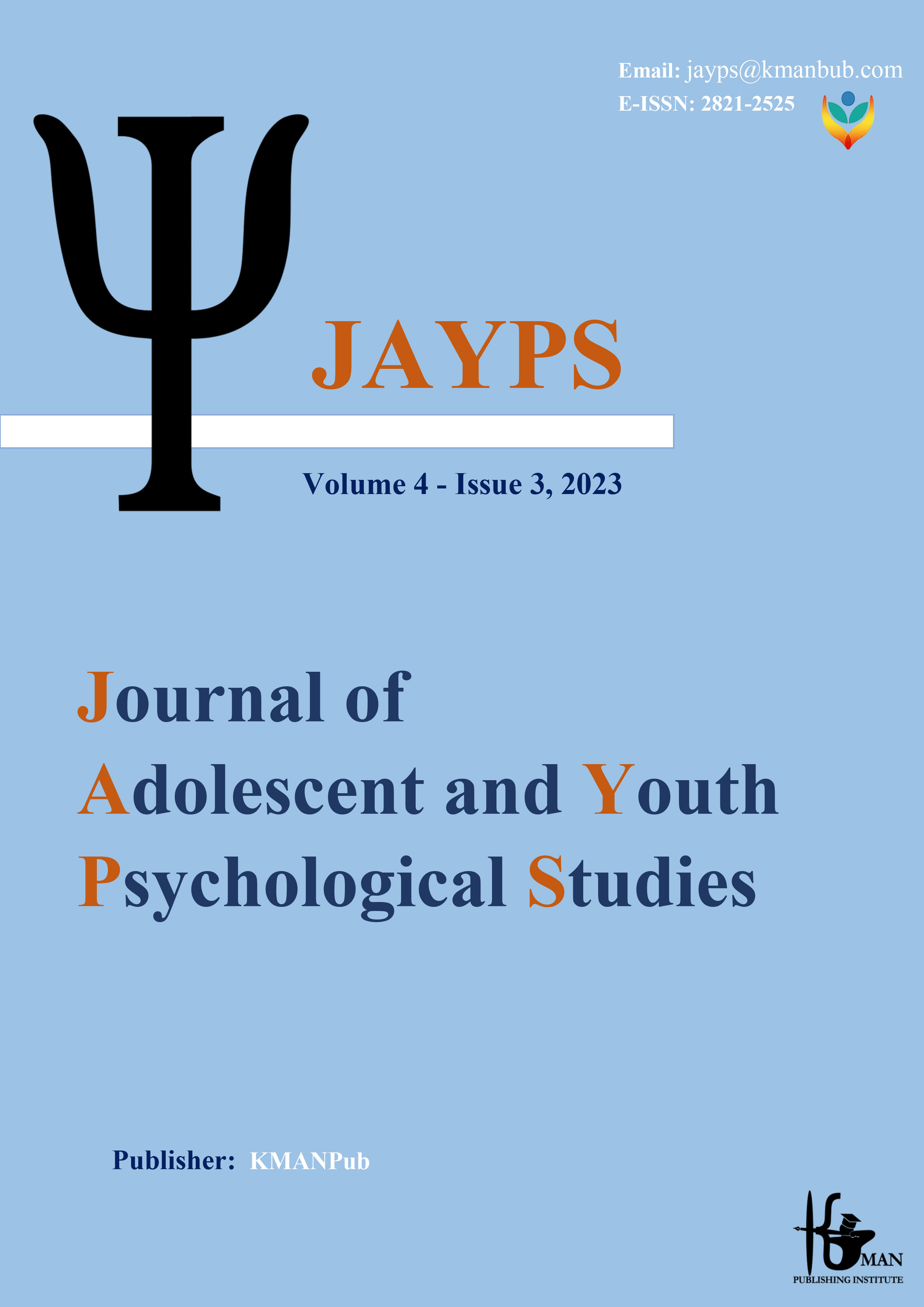Meta-Analysis of the Effectiveness of Transcranial Direct Current Stimulation on the Memory of People with Learning Disabilities
Keywords:
Electrical brain stimulation, learning disability, metaanalysis, memory.Abstract
Background and Aim: Learning disabilities, problems processing information obtained from the surrounding environment, are based on neurological disorders. These processing problems can interfere with learning basic skills such as reading, writing and/or math. The aim of the present study was to Meta-analyze the effectiveness of electrical brain stimulation on the memory of people with learning disabilities. Methods: This research was conducted using the meta-analysis method. The statistical population included all Persian and English researches conducted in the field of effectiveness of brain electrical stimulation intervention on memory improvement of people with learning disabilities. Among them, researches with meta-analysis criteria were reviewed by comprehensive meta-analysis software. Results: These studies were based on 450 samples and 26 effect sizes. The meta-analysis results showed that the effect size of brain electrical stimulation on memory improvement of people with learning disability is d=1.188. This effect size is an acceptable value according to Cohen's table. Conclusion: The results indicate that electrical stimulation of the brain has a great effect on improving the memory of students with learning disabilities; therefore, it was suggested that experts use these interventions to improve the memory of these students. Also, paying attention to the type of learning disorder is important in the effectiveness of the treatment.
Downloads
Downloads
Published
Submitted
Revised
Accepted
Issue
Section
License

This work is licensed under a Creative Commons Attribution-NonCommercial 4.0 International License.









